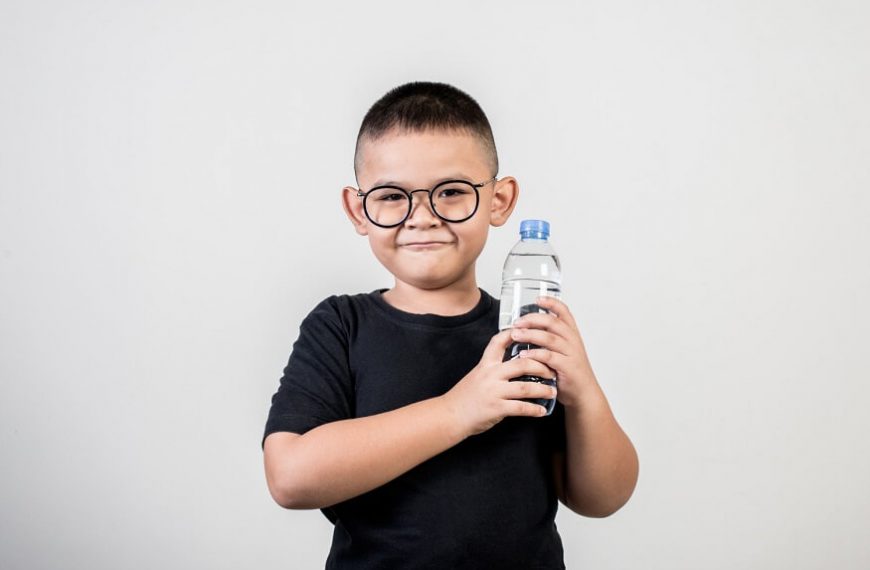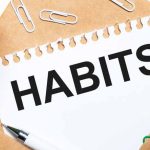From the moment your bundle of joy steps into the world, numerous concerns may occupy your mind as a parent. What should your baby eat? How much should they sleep? When should they start walking? However, amidst this whirlwind of thoughts, one crucial question tends to get lost – “How much water should a 2 year old drink?”. Pondering this query might take you down a rabbit hole of questions about baby drinking water habits. This article seeks to shed light on the vital importance of water for toddlers and babies and provide practical tips for making water a beloved choice for your little one.
Let’s dive into the case of little Sam, for example. As Sam celebrated his first birthday, his parents noticed that his diet had become more varied, transitioning from solely breast milk to including mashed fruits and tiny pieces of vegetables. They were left wondering if they should introduce water as a regular part of Sam’s fluid intake, and if yes, how much would be appropriate. Just like Sam’s parents, you too might be grappling with similar concerns. Thus, this guide serves as a handy tool for addressing these doubts.
The answer isn’t one-size-fits-all; it varies based on age, weight, activity level, and climate. Remember, a toddler’s diet also provides a considerable amount of fluidṣ. Fruits, vegetables, and other water-based foods contribute to daily hydration needs.
For babies transitioning from breast milk or formula, the need for water is a bit different. A common query parents have is, “how much water should a baby drink?”. During their first year, babies get most of their required fluids from breast milk or formula. Introducing a few sips of water at about six months, particularly when starting solid foods, is usually adequate. Around one year of age, as the baby’s diet starts to diversify, water should become a regular part of their fluid intake.
Also Read – Toddler is not urinating
Though it’s essential to know the quantity of water for toddlers, it’s equally critical to encourage this healthy habit. Toddlers, renowned for their notorious fussiness, might not always be inclined to drink water. This is where creativity comes into play.
Model Behaviour: Children are great imitators. Make sure they see you drinking water regularly. Observing adults’ water-drinking habits can encourage them to do the same.
Add a Splash of Colour: Babies and toddlers are often attracted to bright colours. Use colourful, child-friendly water bottles and cups that can draw their attention.
Flavour the Water: For toddlers who resist plain water, try adding a splash of fruit juice for a touch of flavour. Be cautious to not overdo it, as juices are high in sugar.
Play and Learn: Turn drinking water into a learning game. For instance, sing a “hydration song” when it’s time to drink water, or tell a story about the adventures of a water droplet.
Hydrating Snacks: Incorporate water-rich foods into their diet. Cucumbers, watermelons, oranges, and strawberries can supplement hydration.
Consistent Reminders: Consistency is key in establishing habits. Regularly remind them to drink water throughout the day, especially in hot weather or after physical activities.
Balancing the water intake for your toddler might seem like walking a tightrope. While adequate hydration is crucial, remember that it’s possible to over hydrate. Toddlers have smaller bodies, which means they can’t handle as much water as adults. Consuming too much water can lead to water intoxication, a rare but serious condition. As a rule of thumb, if they’re not thirsty and their urine is light yellow, they’re probably well-hydrated.
In conclusion, the journey of nurturing healthy hydration habits in your little one might sometimes feel like an uphill battle. For instance, let’s consider Ava, a vivacious two-year-old. She prefers apple juice over water, and her mother, Emma, has a hard time persuading her to pick the latter. If you, like Emma, are juggling such challenges, remember, patience and creativity are your allies. With consistent efforts, Ava will gradually appreciate the value of water and might even start requesting it over her favourite juice.
Understanding how much water your child needs and effectively encouraging it are not merely checkboxes in the list of parenting responsibilities. They are foundational bricks in the towering structure of your child’s health. The effort invested in instilling these habits today will yield the fruit of a healthier, happier future for your little one. Remember, you are their first role model. Let them observe you relishing a glass of refreshing water, and they’ll soon follow suit, growing up to appreciate and understand the importance of good hydration.
We hope that you liked this blog. If you want to know such tips and tricks about parenting and child development, head to our blog section. In case you wish to know more about our specially curated curriculum, do visit the Eurokids centre nearest to your house!
















